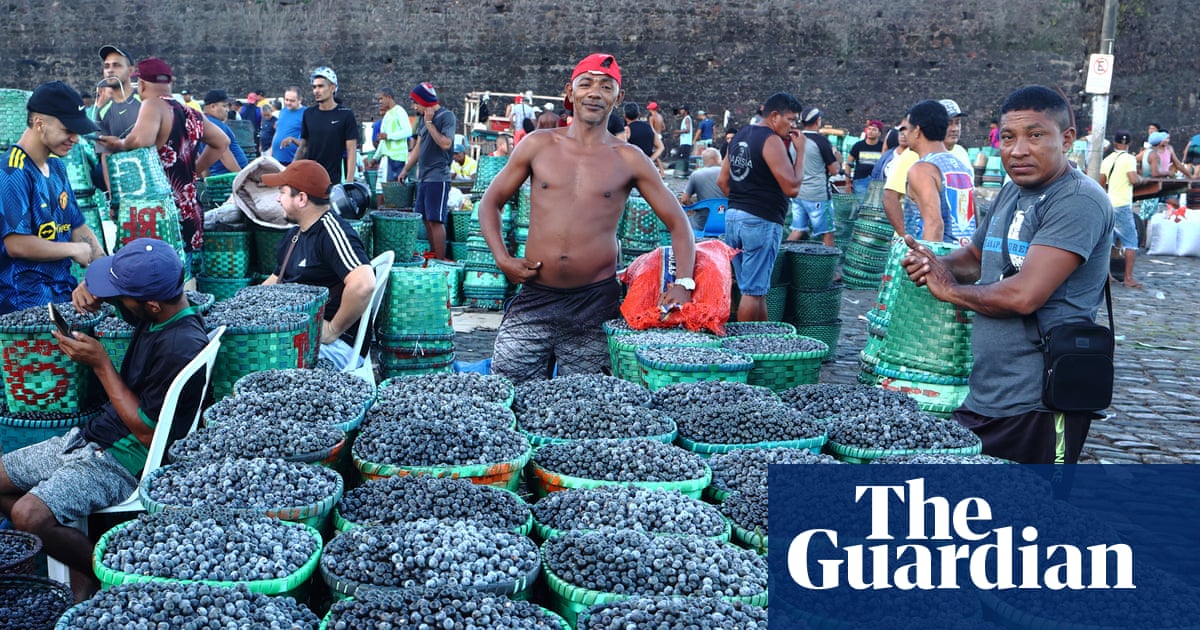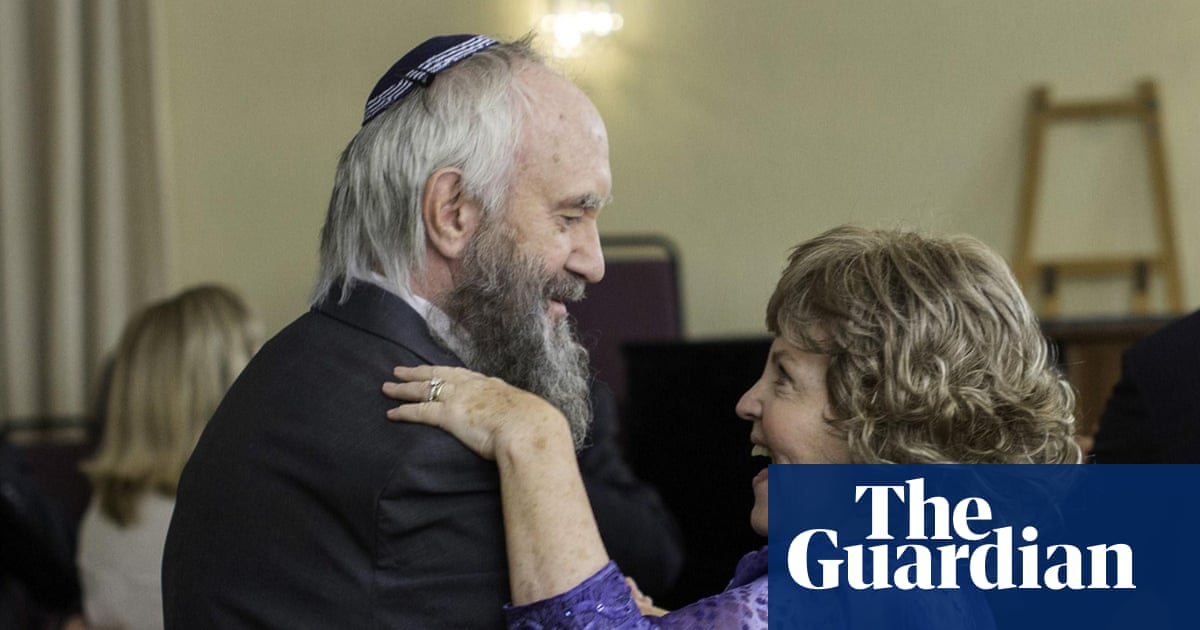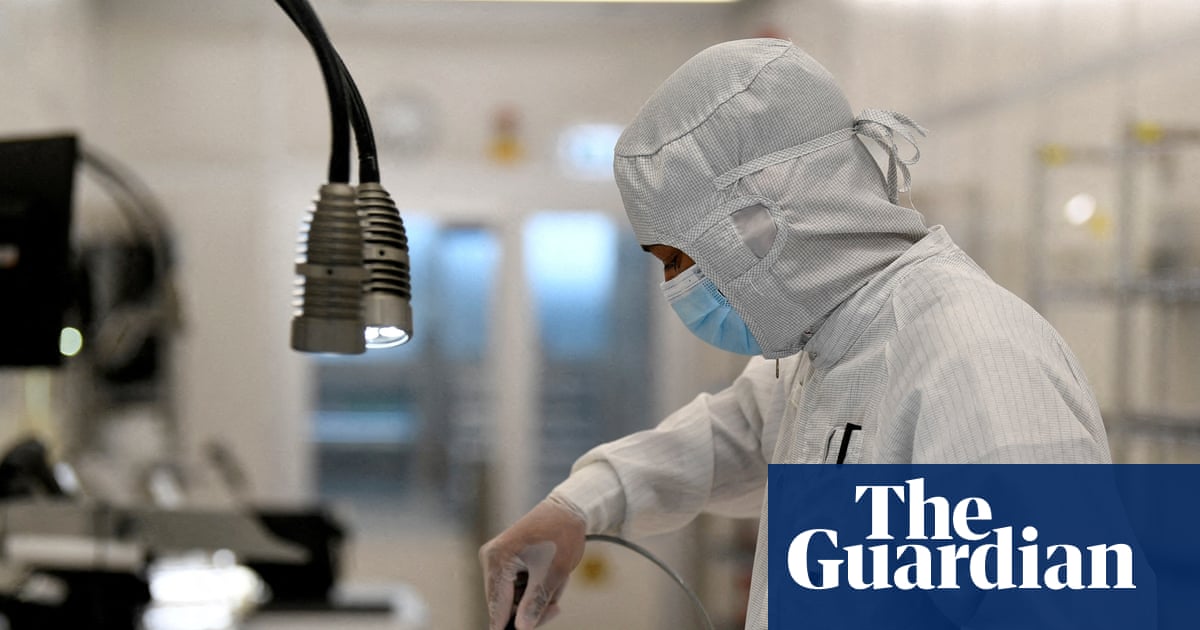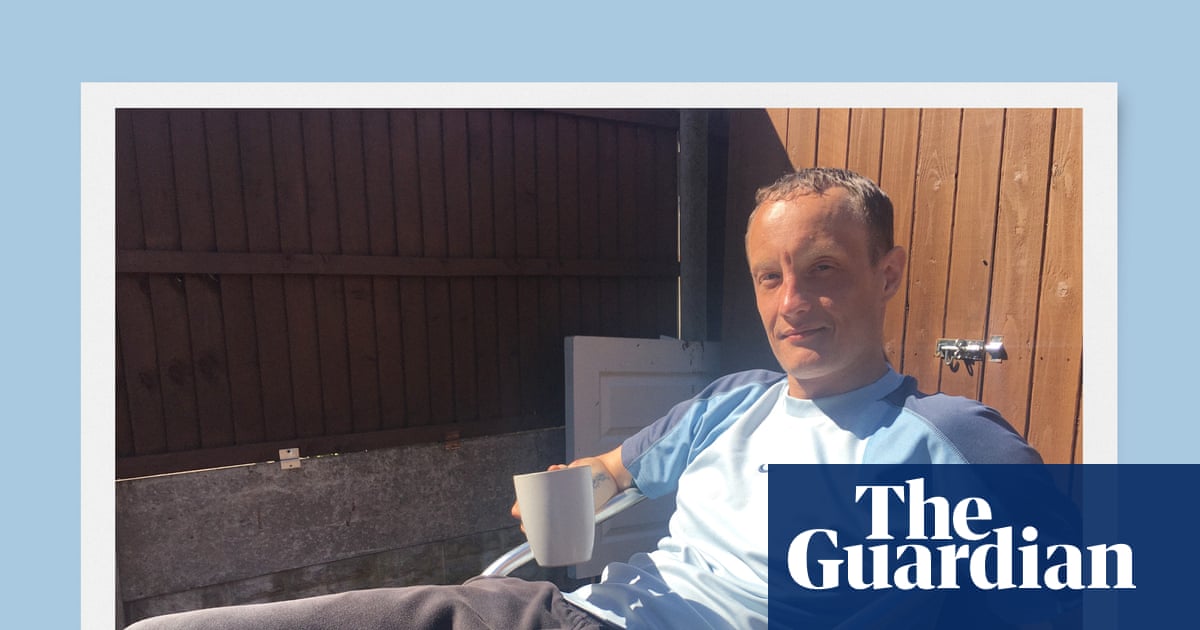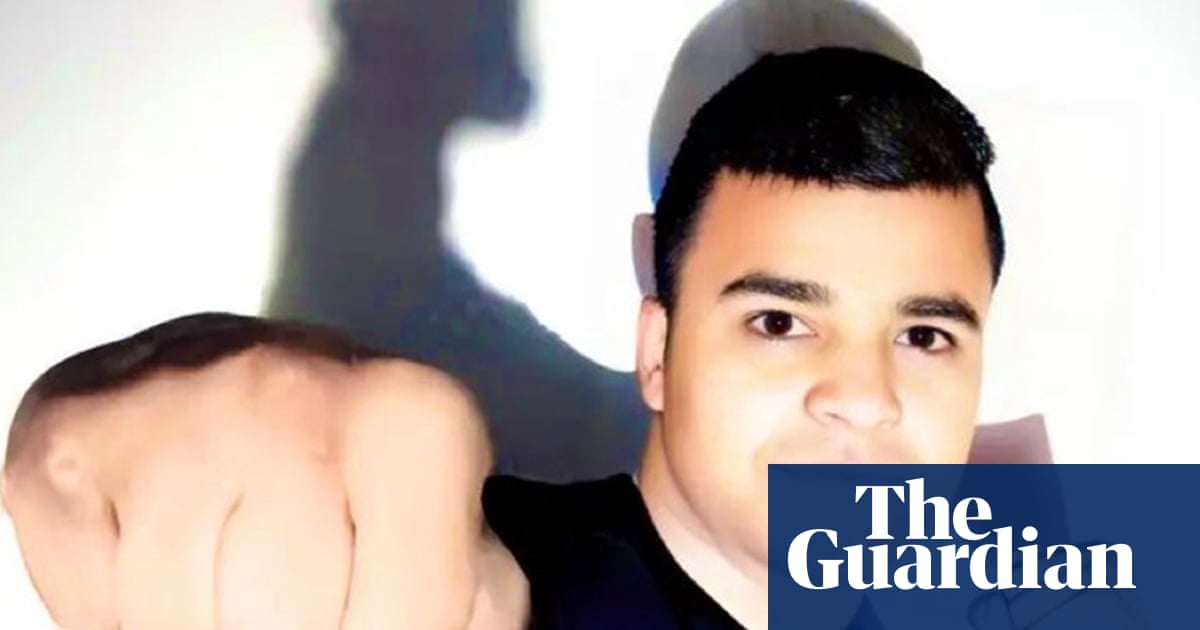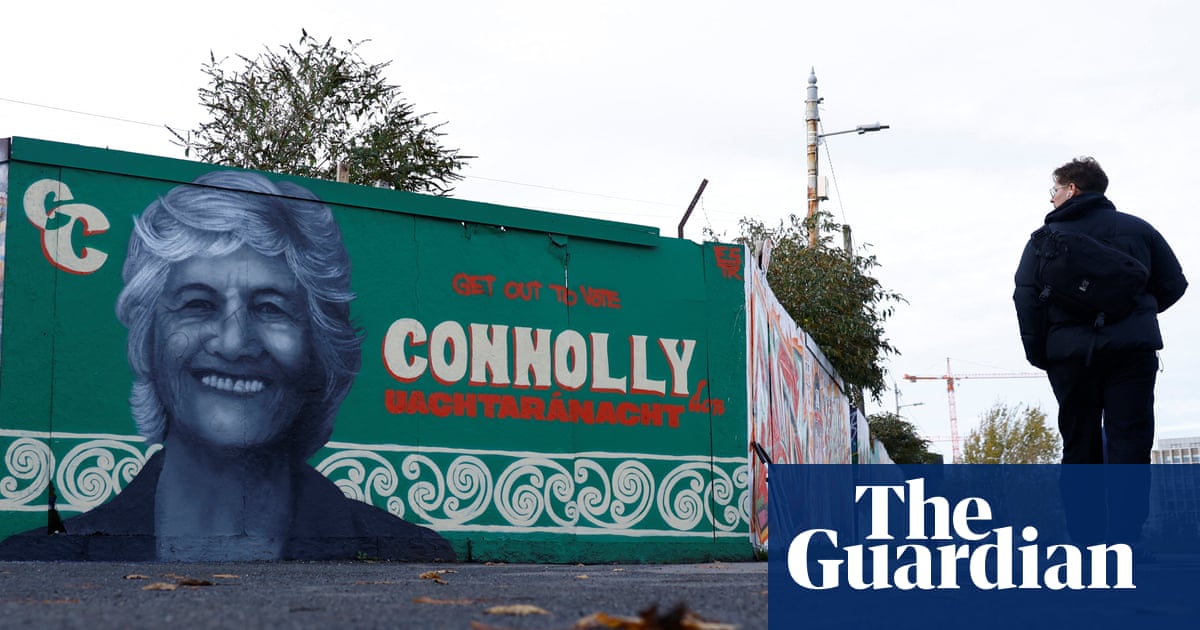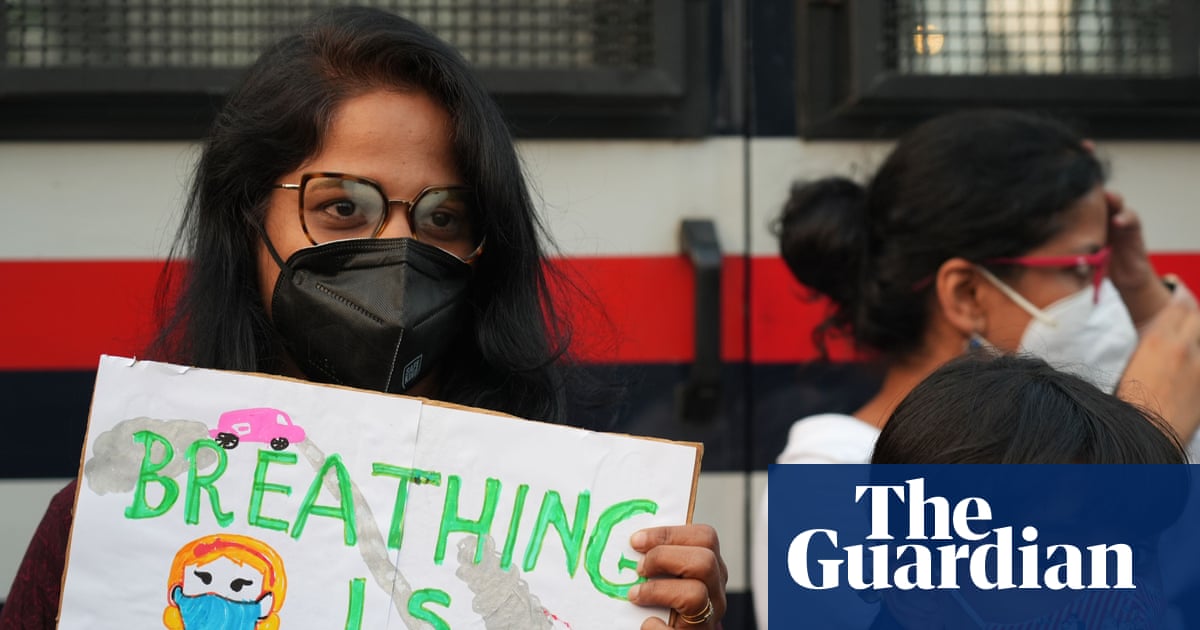Pope Leo XIV has declared the London-born Italian Carlo Acutis, who died in 2006 age 15, the Catholic church’s first millennial saint during an open-air mass in a packed St Peter’s Square.
Carlo, who died of leukaemia, built websites to spread Catholic teaching, earning him the nickname “God’s influencer”. He was canonised alongside Pier Giorgio Frassati, another young Catholic activist, who died a century ago.
Leo said both men created “masterpieces” out of their lives by dedicating them to God. A hour before the Mass, St Peter’s Square was already full with pilgrims, many of them young millennial Italians.
“The greatest risk in life is to waste it outside of God’s plan,” Leo said in his homily. The new saints “are an invitation to all of us, especially young people, not to squander our lives, but to direct them upwards and make them masterpieces”.
The Vatican said 36 cardinals, 270 bishops and hundreds of priests had signed up to celebrate the Mass along with Leo in a sign of the saints’ enormous appeal to the hierarchy and faithful alike.
Both ceremonies had been scheduled for earlier this year, but were postponed after Pope Francis’s death in April. Francis had fervently pushed Acutis’s sainthood case forward, convinced that the church needed someone like him to attract young Catholics to the faith while addressing the promises and perils of the digital age.
Over the past year, more than 1 million people have flocked to the central Italian town of Assisi, where Acutis’s body – covered in a wax mould of his likeness and dressed in his blue tracksuit top, jeans and trainers – is on view behind a glass-panelled case in Santa Maria Maggiore church. His heart is in a gold casket in the town’s San Rufino cathedral, while pieces of tissue from his pericardium – the membrane enclosing the heart – have toured the world in the lead-up to his canonisation.
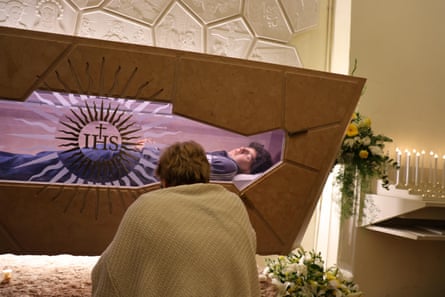
His mother, Antonia Salzano, has also travelled across the globe, delivering speeches to Catholic communities about her son’s life, bringing strands of her son’s hair as gifts.
Acutis was born on 3 May 1991 in London to a wealthy but not particularly observant Catholic family. They moved back to Milan soon after he was born and he enjoyed a typical, happy childhood, albeit marked by increasingly intense religious devotion.
Acutis was particularly interested in computer science and devoured college-level books on programming even as a youngster. A skilful coder, his whiz-kid reputation started to grow when he created websites for Catholic organisations, including one that listed miracles. He enjoyed playing on his PlayStation too, although limited its use to an hour a week – a discipline that has proven appealing to a Catholic hierarchy that has sounded the alarm about a tech-driven society.
In October 2006, at age 15, he fell ill with what was quickly diagnosed as acute leukaemia. Within days, he was dead. He was entombed in Assisi, known for its association with another popular saint, St Francis.
Salzano told the Guardian the family was not particularly religious, but her son showed a deep devotion to the Catholic faith from a young age. “He would go to mass and do the rosary each day,” she said, adding that he was a child who “could not be indifferent to sorrow”. “We lived in the centre of Milan in a building surrounded by beggars. He wanted to help them, speak to them, bring them food and blankets.”
She added that Acutis was otherwise an average child, hanging out with friends or playing sports. “Carlo was an internet geek, but he had the temperance to use technology for good, and was not exploited by it,” she said.
The movement that had built up around Acutis was evident from the day he died, as seriously ill people began praying to him for cures. His funeral was attended by a host of people he had helped, among them immigrants and bullied children.
His mother claims it was around the time of his funeral that he started to work miracles, and last year the late Pope Francis credited Acutis with two miracles. The first, the Vatican said, involved the recovery of a boy in Brazil from a rare congenital disease affecting his pancreas; the second was the healing of a student in Florence with bleeding on the brain from a head trauma, and whose mother had prayed at Acutis’s tomb in Assisi.
The speed at which Acutis has been canonised, especially compared with Frassati, shows how keen the church is to attract more young people.
Frassati lived from 1901 to 1925, dying of polio age 24. He was born into a prominent Turin family but was known for his devotion to serving the poor and carrying out acts of charity while spreading his faith to his friends.

 2 months ago
67
2 months ago
67

